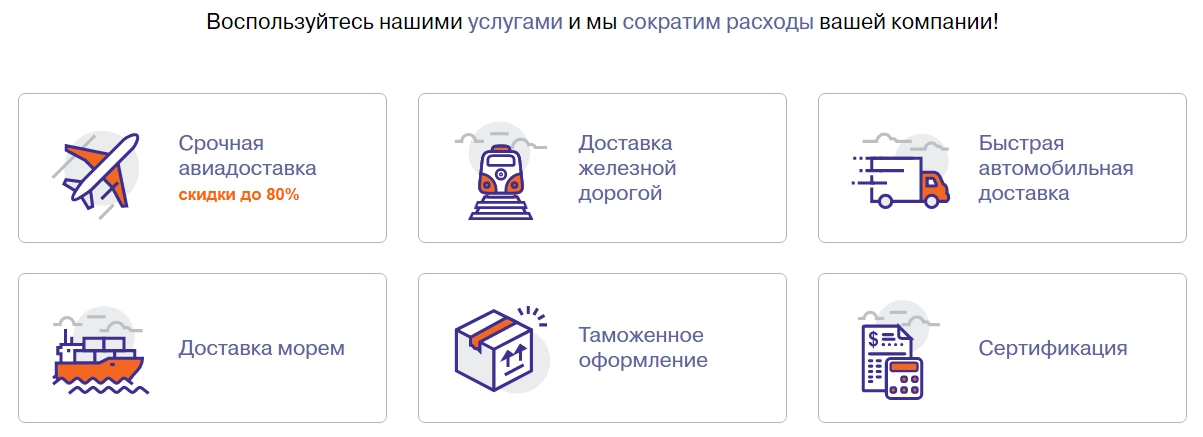How AI-driven Solutions are Reshaping Goods Logistics
How AI-driven Solutions are Reshaping Goods Logistics
Blog Article
The logistics industry, particularly cargo shipping, is undergoing a remarkable shift, fueled by the constant progress of automated solutions. As businesses vie for productivity and swiftness in transportation processes, mechanization stands at the leading edge of this shift, redefining how goods are transported across the international markets. From automated trucks to intelligent monitoring systems, the momentum of this sector is evident, delivering substantial upgrades in speed, trustworthiness, and affordability.
Revolutionizing Efficiency with Mechanization
At the core of this technological boom lies the implementation of automation in shipment transport operations. Old-fashioned approaches often struggled under the pressure of inefficiency and operator error. However, cutting-edge automated technologies deliver advanced methods that optimize workflows.
One major improvement is in the domain of air shipping, where automation assists in coordinating intricate distribution operations that involve flight planning and air flow regulation. This not only speeds up the process but also improves reliability by eliminating potential operator misjudgments.
Enhanced tracking capabilities are another boon. Modern tech enables for live observation of packages, which provides organizations and customers informed about the status of their products 24/7. This transparency is invaluable in cultivating credibility and consistency in logistics distribution solutions.
Minimizing Expenses and Optimizing Border Clearance
Machine-driven solutions expands into the complex procedures of border control authorization, typically a hindrance for shipment movement due to its intricate protocols and likely hold-ups.
Contemporary self-operating technologies integrated with large-scale analytics tools can efficiently process huge amounts of paperwork and guarantee adherence with legal frameworks faster than ever before. This cutting down in workflow delays reduces on overhead expenses dramatically, showcasing a tangible financial advantage that companies can utilize.
Optimizing Logistics with AI-driven Insights
Furthermore, the adoption of predictive modeling revises the approach toward logistics and customs. By analyzing historical data and current market shifts, automated systems forecast issues and streamline operations to be more predictable and efficient.
Businesses observing real-time data can make informed decisions that inherently minimize risks related to import-export processing lags.
Sustainability Aspect
AI-driven technologies also contribute greatly to green responsibility in freight logistics. More precise and effective route planning reduces avoidable resource usage and decreases greenhouse gas.
Automated fleet vehicles are steadily aligned with eco-friendly energy sources and battery-powered energy, aligning cargo distribution activities with global sustainability initiatives.
Boosting Client Satisfaction
The automated system improves not just logistical streamlining but also consumer experience. The ability to observe deliveries in real time, encounter reduced delays, and enjoy minimized expenses enhances client experience greatly.
Fast, transparent, and optimized shipping models are more prone to foster customer retention and repeat orders, proving that state-of-the-art technology is vital in contemporary logistics delivery operations.
Additionally, as machines execute repetitive operations more efficiently, organizations can allocate employee resources to departments requiring strategic insight and decision-making, consequently improving customer quality as a whole.
Facing Toward the Future: The Automated Future
The transformative effect of automation in freight delivery promises an promising future for supply chain. As organizations continue to leverage these solutions, they enhance their industry standing by offering quicker, risk-free, and more cost-effective transportation approaches.
Sustainability developments further extend the value of automated technologies, integrating industry methods with green strategies.
A New Era in Cargo Transport
In summary, the integration of machine-powered technologies in cargo logistics unleashes a myriad of possibilities focused on transforming logistics not only more efficient but also more secure and less expensive.
The strategic application of advanced analytics in optimizing regulatory formalities further reinforces the performance of self-operating frameworks in reshaping traditional logistics landscapes.
Automation: The Future of Cargo Transport
Cargo transport is stepping boldly into a progressive phase driven by self-operating systems—a reflection to humanity’s relentless pursuit of advancement.
With continuous breakthroughs, the capability to revolutionize worldwide commerce structures persists, marking an optimistic roadmap towards an unified and well-structured horizon in freight delivery.
More info about tamozhennoe oformlenie just go to this popular website: read here.